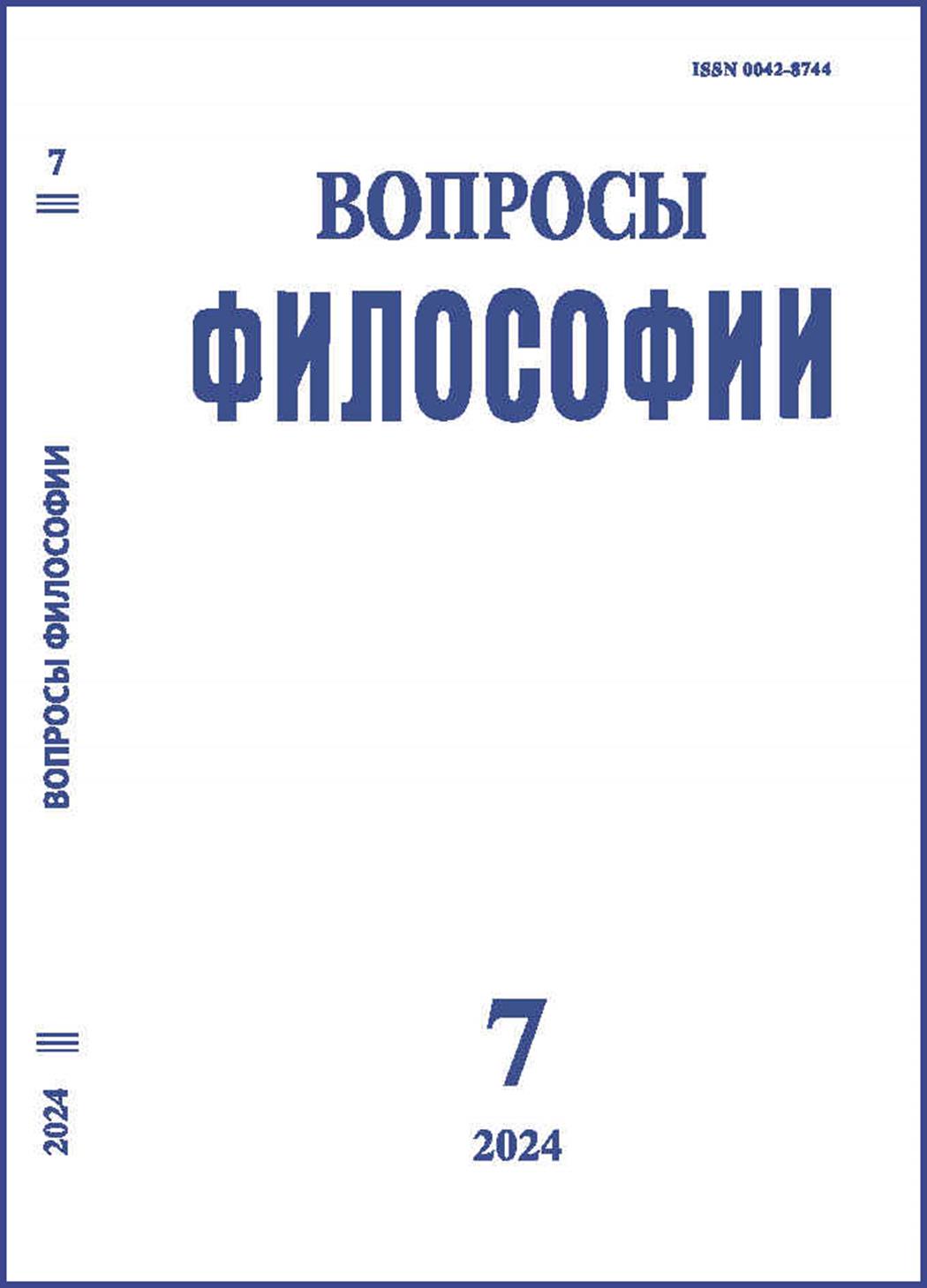Theory Neutral Qualia?
DOI:
https://doi.org/10.21146/0042-8744-2024-7-125-130Keywords:
consciousness, hard problem of consciousness, illusionism, qualia, phenomenal consciousness, Keith Frankish, diet qualia, zero qualiaAbstract
One of the central questions for contemporary philosophy of mind can be considered to be the question of the status of what is commonly called phenomenal
consciousness or qualia. Any theory of consciousness must offer an explanation
of phenomenality, which poses hard problem for researchers. However, it is not
hard to see that such a formulation of the problem may be biased toward theories
that deny that phenomenal consciousness has any characteristics, which poses
the very difficult problem that cannot be solved by the ways of describing physical reality that we know. To avoid such bias, it is sometimes said that it is necessary to present a theory neutral explanandum, the existence of which would be
agreed upon by all parties of the discussion. Such an object, as conceived,
should, on the one hand, preserve some of the basic certainties of our experience,
which are implied in the first place when we talk about phenomenal consciousness. And on the other hand, it should contain nothing that inherently inclines us
toward any particular strategy of explanation. A separate problem, however, is
whether it is possible in principle to propose such a neutral explanandum in the context of the question of the nature and features of phenomenal consciousness.

